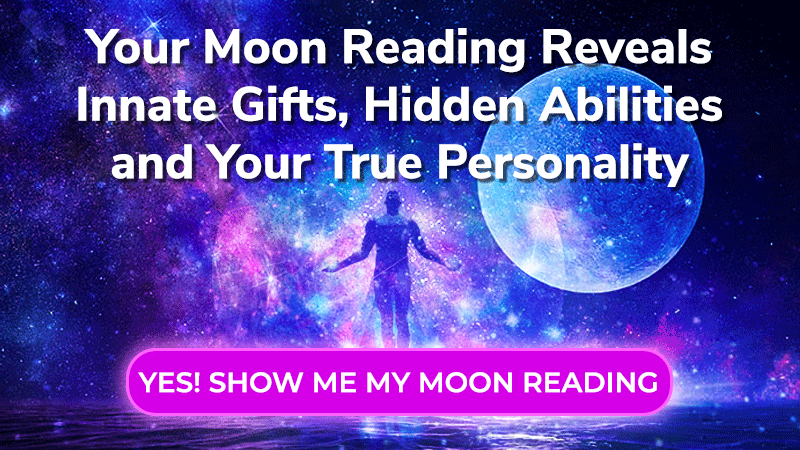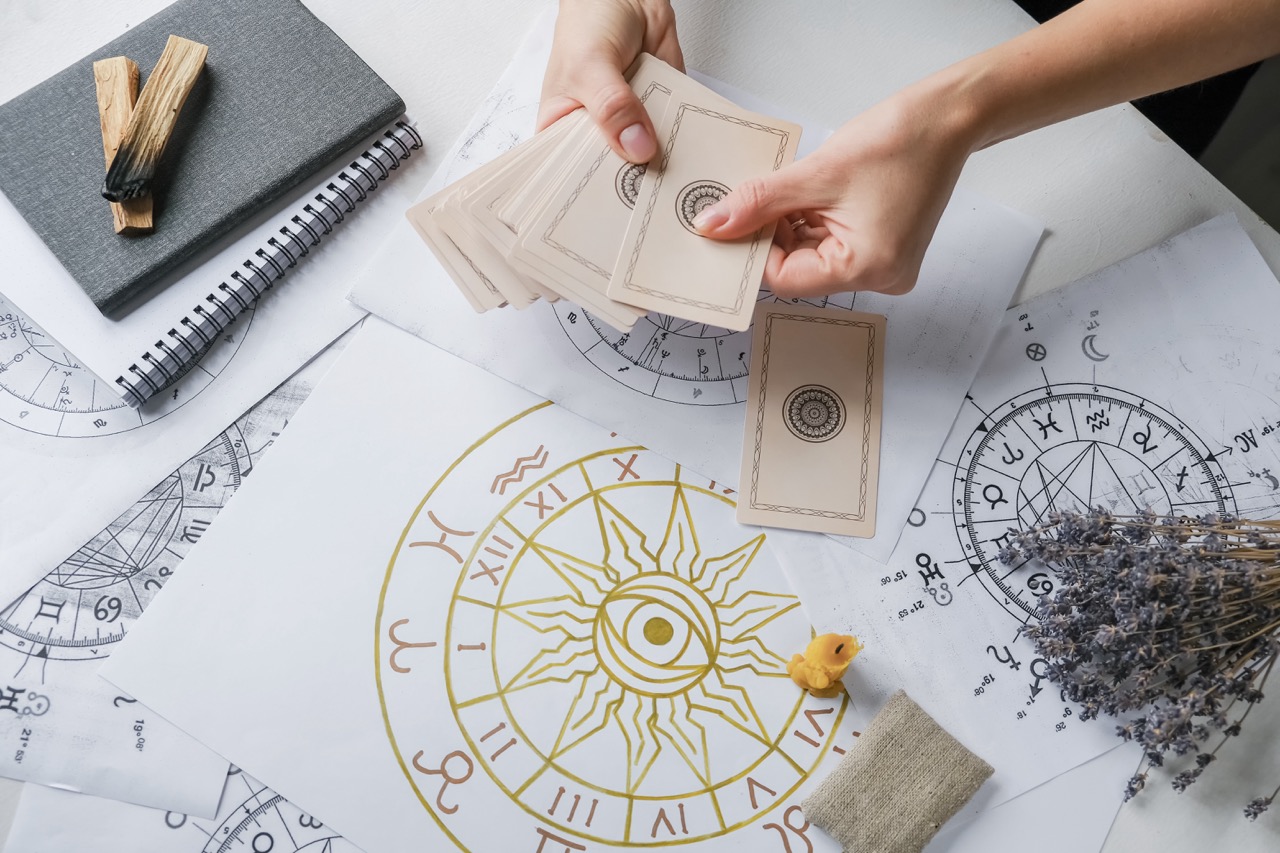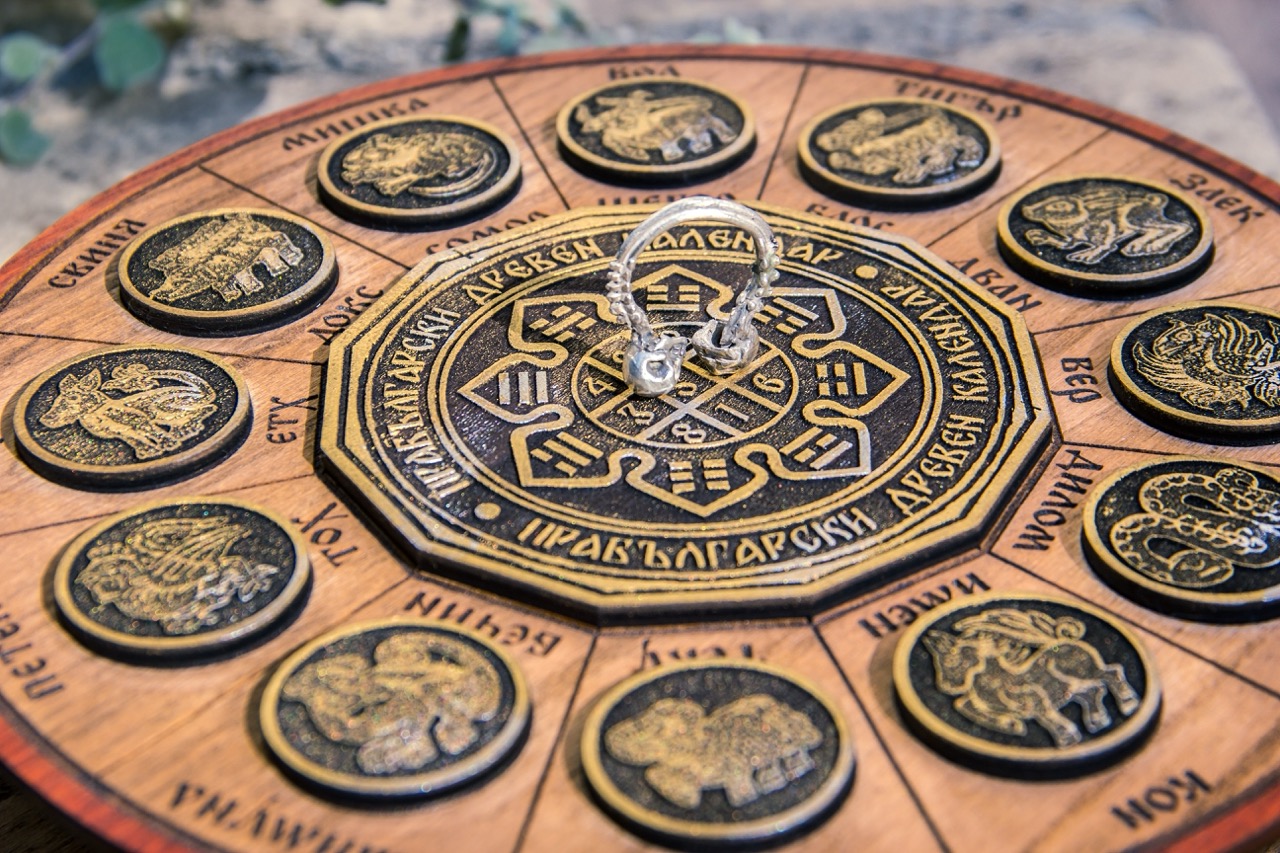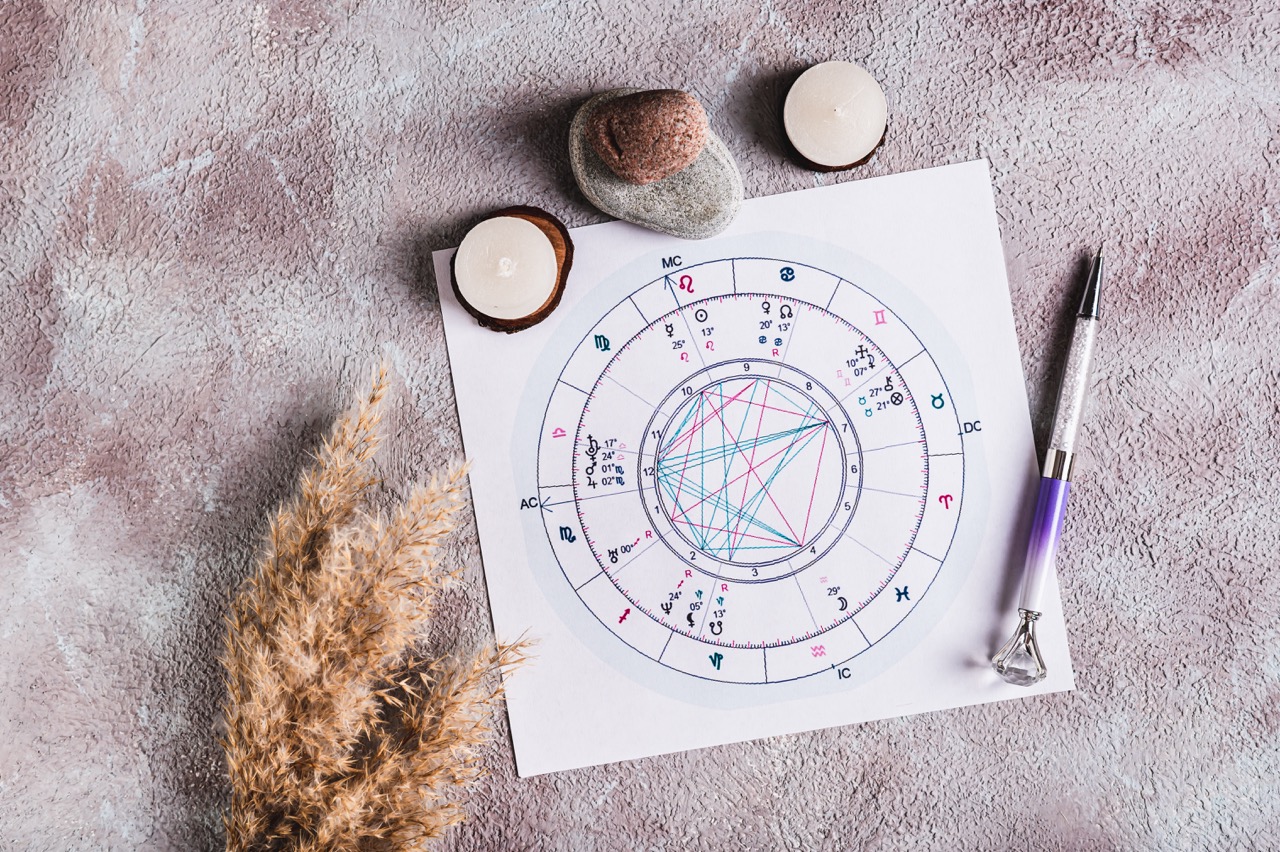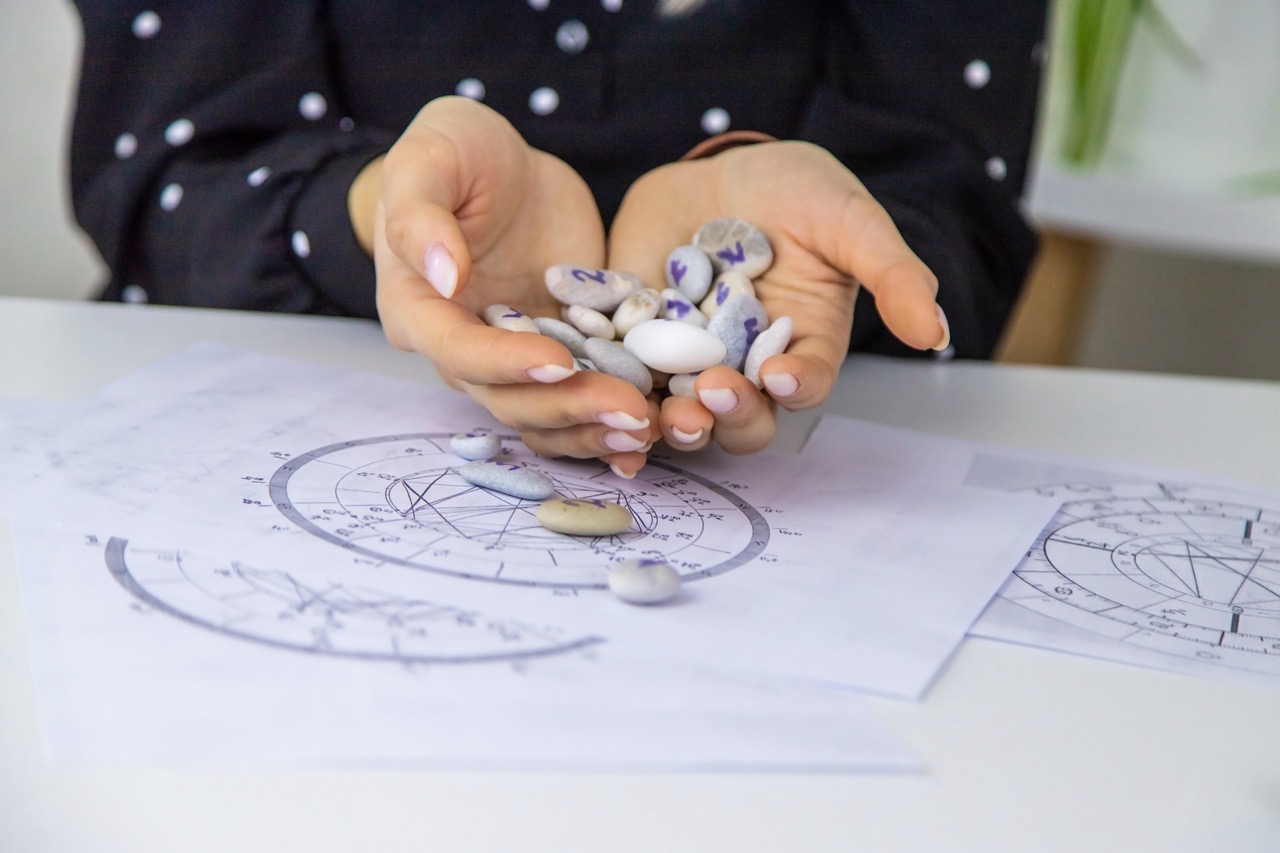Astrology offers a rich tapestry of insights, and understanding your Moon reading is a crucial piece of that cosmic puzzle. The Moon represents our emotions, instincts, and subconscious patterns, providing a deeper look into our innermost selves. However, interpreting Moon readings can be challenging due to the complexity of astrological elements. This article aims to guide you through the nuances of Moon readings, equipping you with the tools to interpret your results accurately and meaningfully.
Understanding the Basics of Moon Readings in Astrology
The Moon in astrology symbolizes our emotional landscape and how we react instinctively to life’s challenges. Unlike the Sun, which represents our outer self and identity, the Moon delves into our inner world, illuminating feelings, habits, and subconscious motivations. When you look at your Moon sign, you’re examining the emotional core of your being—how you nurture yourself and others and how you seek comfort.
To accurately interpret your Moon reading, you first need to understand its position in your birth chart. The Moon changes signs approximately every two and a half days, which means its placement at the time of your birth is unique. Each sign imbues the Moon with specific attributes—think of it as the emotional lens through which you experience life. For example, a Moon in Cancer may indicate heightened sensitivity and a strong need for nurturing, while a Moon in Aquarius may suggest a more detached, intellectual approach to emotions.
Another essential aspect is the Moon’s aspects to other planets within your chart. These relationships can influence how your emotional landscape interacts with your external life. Are there challenging aspects from Saturn that indicate emotional restrictions, or perhaps harmonious aspects from Venus suggesting ease in expressing love? Understanding these dynamics can provide a more comprehensive picture of your emotional makeup and how it plays out in your daily life.
Key Elements to Consider in Your Moon Chart Analysis
When analyzing your Moon chart, pay attention to the elements and modalities involved. Each Moon sign belongs to one of the four elements: Fire, Earth, Air, or Water. Fire Moons are often passionate and spontaneous, while Earth Moons tend to be practical and grounded. Air Moons are intellectual and communicative, and Water Moons are intuitive and deeply emotional. Recognizing the element of your Moon sign can help you understand your emotional responses and the ways you connect with others.
Additionally, the modality of your Moon sign—Cardinal, Fixed, or Mutable—plays a significant role in how you process your feelings. Cardinal Moons are initiators, often leading with their emotions, while Fixed Moons may hold onto feelings more stubbornly. Mutable Moons are adaptable, adjusting their emotional responses to fit the situation at hand. Knowing these characteristics can help clarify how you navigate relationships and emotional challenges.
Lastly, consider the house placement of your Moon. Each house in astrology represents different life areas, such as relationships, career, and personal growth. For instance, a Moon in the 4th house emphasizes home and family dynamics, while a Moon in the 10th house may highlight emotional fulfillment tied to career ambitions. Understanding where your Moon resides can provide context for your emotional needs and how they manifest in various life domains.
Common Misinterpretations and How to Avoid Them
One common misinterpretation of Moon readings is conflating the Moon’s influence with that of the Sun or rising sign. While the Moon is deeply personal and tied to emotional responses, the Sun represents your core identity, and your rising sign reflects how you present yourself to the world. It’s important to view your Moon reading as a complementary piece of your astrological puzzle, rather than a standalone interpretation.
Another pitfall is oversimplifying the traits associated with your Moon sign. Each sign has a spectrum of expressions, and emotional experiences can vary widely based on life circumstances, personal growth, and other astrological influences. For example, a Sagittarius Moon may be adventurous and free-spirited, but environmental factors or personal challenges can lead to a more reclusive or anxious expression. Embrace the complexity of your Moon sign rather than trying to fit it into a rigid mold.
Lastly, be wary of focusing solely on negative traits. Every Moon sign has strengths and weaknesses, and understanding these dynamics can lead to greater self-awareness. Instead of viewing challenging emotions as flaws, consider them as opportunities for growth. This perspective shift can empower you to work through emotional difficulties and cultivate healthier emotional responses.
Applying Moon Insights for Personal Growth and Reflection
Once you’ve accurately interpreted your Moon reading, consider how these insights can inform your daily life. Use your emotional understanding as a guide for your relationships and interactions with others. If you find that your Moon sign’s traits resonate strongly with your emotional reactions, you can start to make conscious choices about how to express these feelings. For instance, if you have a Scorpio Moon, you might recognize the tendency to hold onto grudges and actively work on letting go for your emotional well-being.
Incorporating your Moon insights into your self-care routines can also be transformative. Understanding your emotional needs can help you create a nurturing environment that resonates with your Moon sign. If you have a Taurus Moon, for instance, surrounding yourself with comfort and beauty can provide emotional stability. Implementing these practices can lead to deeper self-acceptance and a more fulfilling emotional life.
Lastly, reflect on your Moon reading regularly. As you navigate life’s ups and downs, take time to assess whether your emotional responses align with your Moon’s characteristics. This ongoing reflection can enhance your self-awareness and aid in your personal growth journey, allowing you to cultivate a healthier relationship with yourself and others.
Understanding your Moon reading is not merely a mystical pursuit; it is a powerful tool for self-discovery and emotional intelligence. By grasping the fundamentals of Moon readings, considering essential elements in your chart, avoiding common misinterpretations, and applying these insights to your daily life, you pave the way for personal growth and deeper connections. Embrace your Moon’s wisdom, and let it guide you toward a more authentic and emotionally fulfilling existence. Whether you’re new to astrology or well-versed in its intricacies, interpreting your Moon reading can illuminate your path to self-awareness and transformation.
